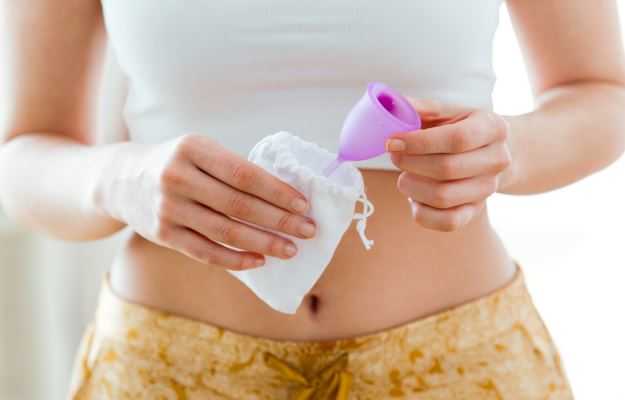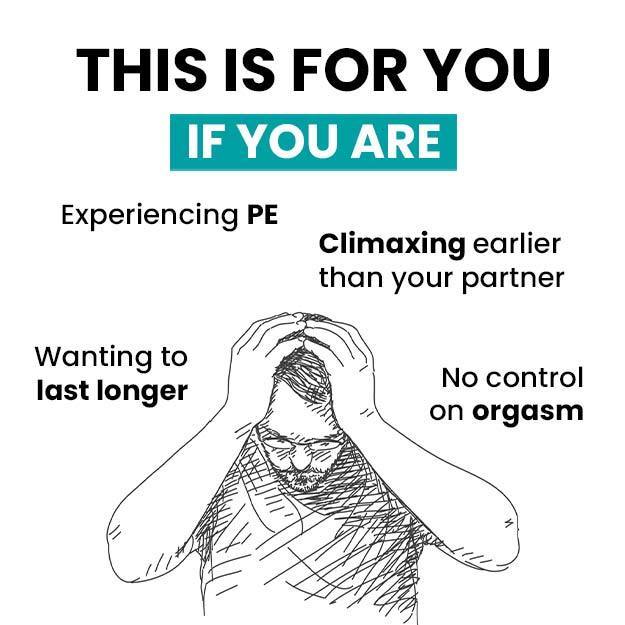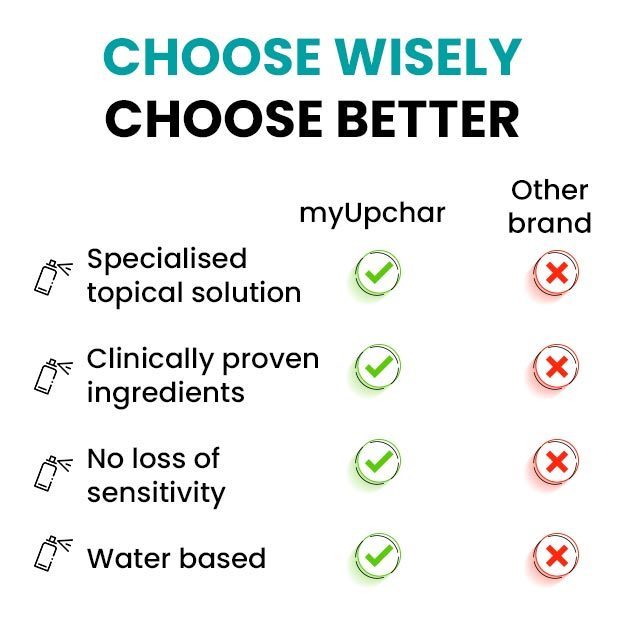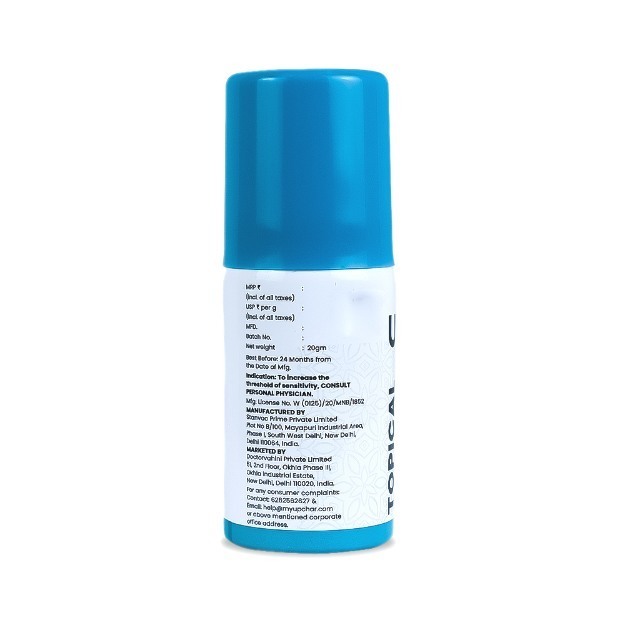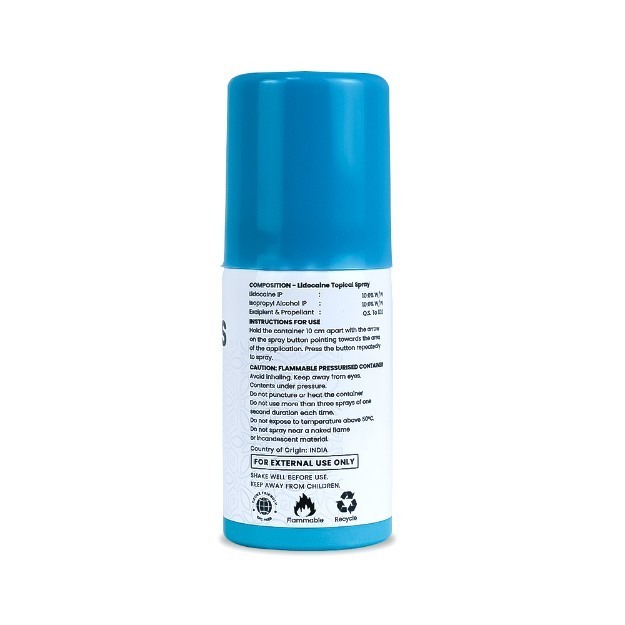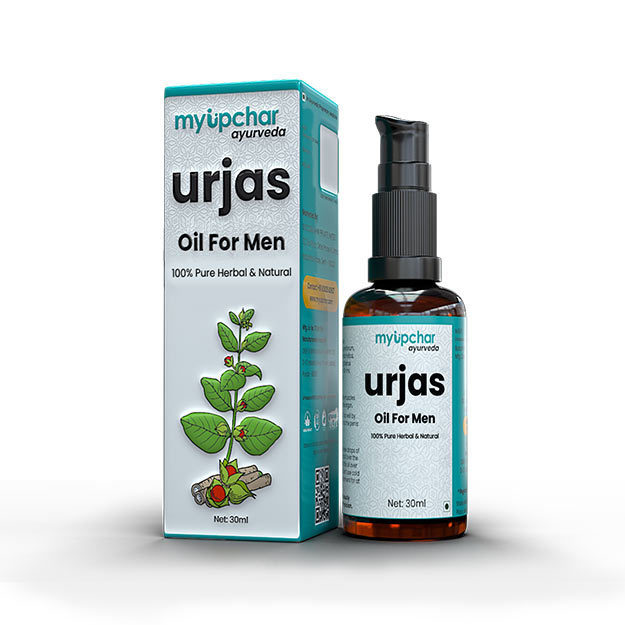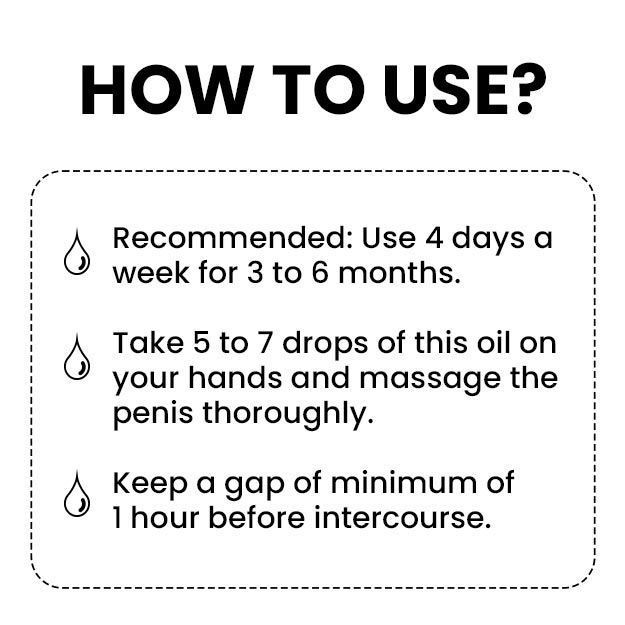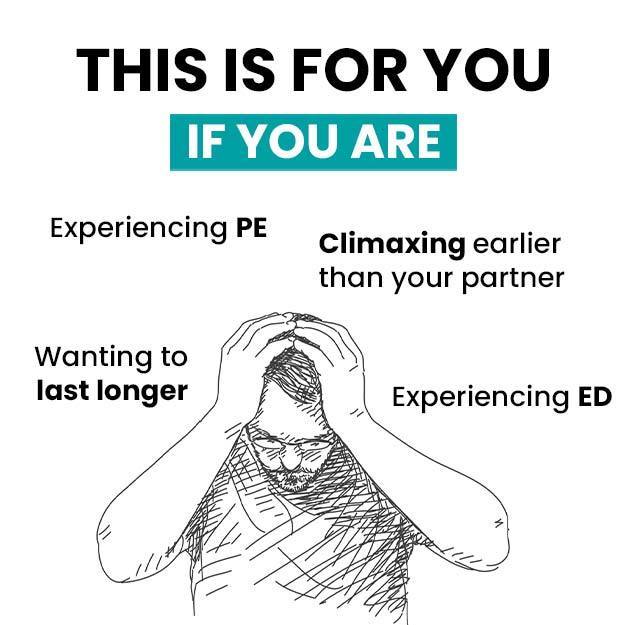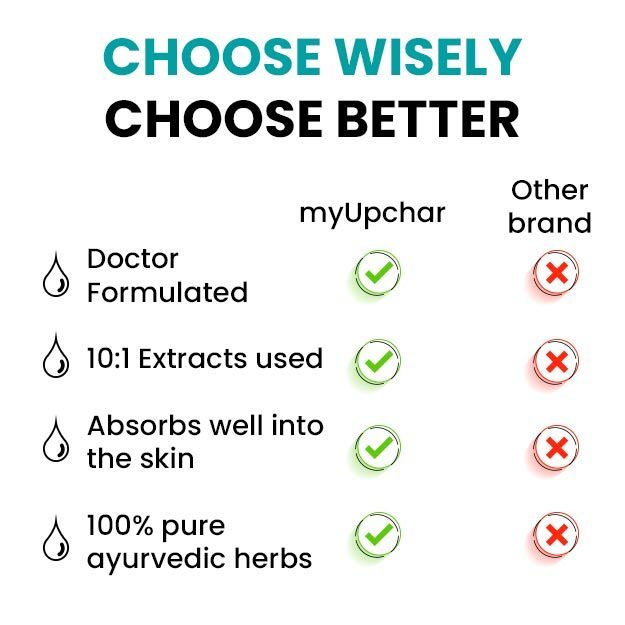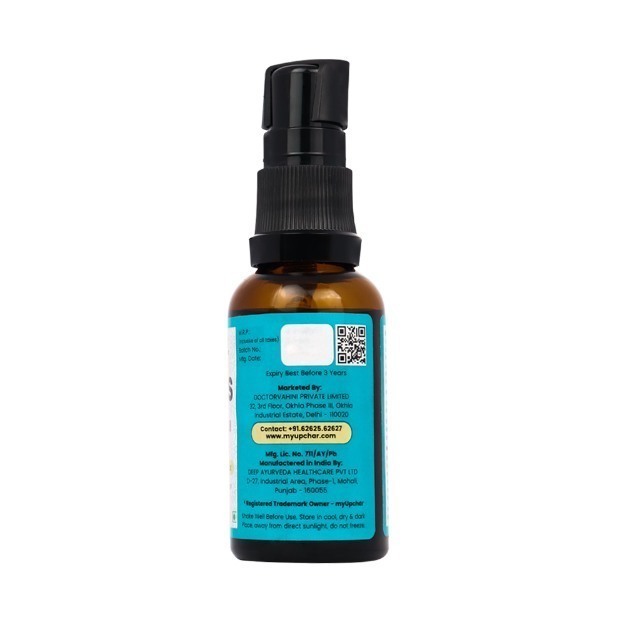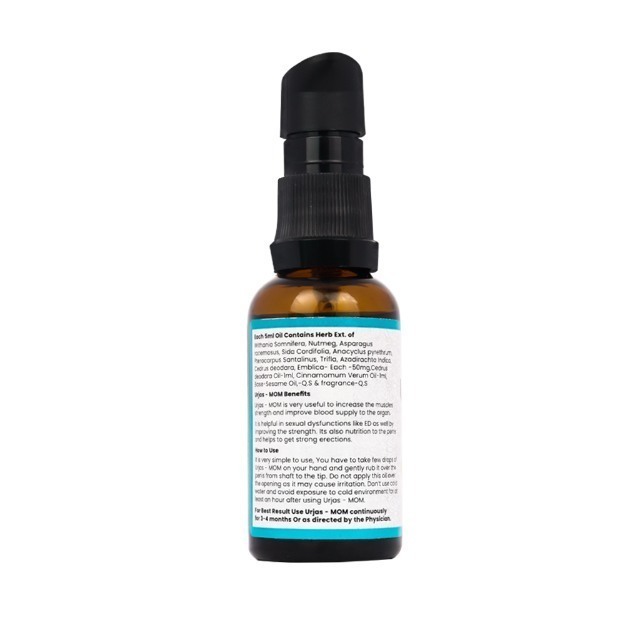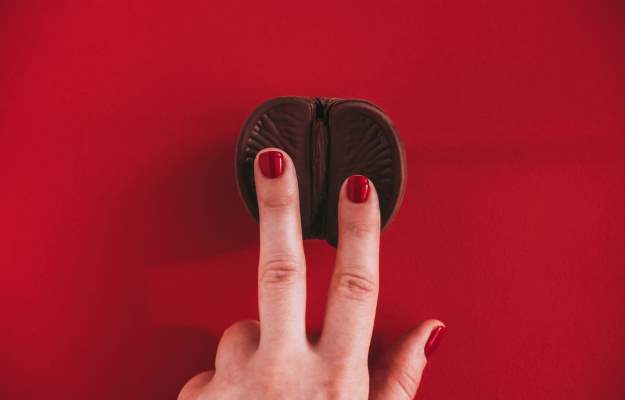Conception or the act of conceiving a child occurs after successful fertilisation has taken place. It occurs by the process of fusion of male and female gametes inside the female body. For this, the male and female gametes, that is, the sperm and the ova have to meet.
While sperms are stored inside the testicles of the male, and are always viable while having sex, this is not the case with the female gamete. The egg or the ova is only released at the time of ovulation in females. As opposed to the several sperms made and stored in men, only one egg is released by the female body in a month. This usually occurs during the mid of your menstrual cycle, to be precise, approximately 14 days before the beginning of your next cycle.
Read more: Home remedies to increase testosterone levels
Once released, it is not so that the ova is readily available for fertilisation and conception can occur all through the month till your next cycle. It only stays viable for about 12-24 hours after it is formed. This is, thus, considered the best time to have sex if you are looking forward to childbirth, and the worst otherwise.
Read more: How to use a pregnancy test kit
Getting back to the question of conception. Once the egg is formed, it is released into the fallopian tube, which is a part of the female reproductive organ. The egg when it arrives in the fallopian tube is available for fertilisation for a duration of 12 to 24 hour, as already mentioned. If the union of the ova and the sperm occurs at this time, fertilisation occurs. Normal fertilisation occurs at the end of the fallopian tube.
For this to occur, it is also essential that the egg unites with the right sperm. Not all the sperms make it to the site of fertilisation, most of them are naturally rejected by the cervical mucosa. The chosen sperm then reaches the uterus and undergoes a cycle of maturation before reaching the fallopian tube. Sperm is viable for a duration of 5 days, which determines the time window in which fertilisation can occur after having sexual intercourse. The fertilised egg or the zygote is then formed. It gradually moves up the fallopian tube to reach the uterus, where the implantation occurs.
During this process, the zygote divides several times to form a multicellular blastocyst. This occurs after about a week of fertilisation. It then reaches the uterus and gets embedded in its lining, also called the endometrium. This lining is thickened and nourished with blood vessels and nutrients for receiving the fertilised egg. The lining helps in receiving and trapping the egg, and also helps in providing nourishment to the embryo as it grows.
Let’s now discuss the chances of getting pregnant just before, during or just after your period.
Read more: How to get pregnant


